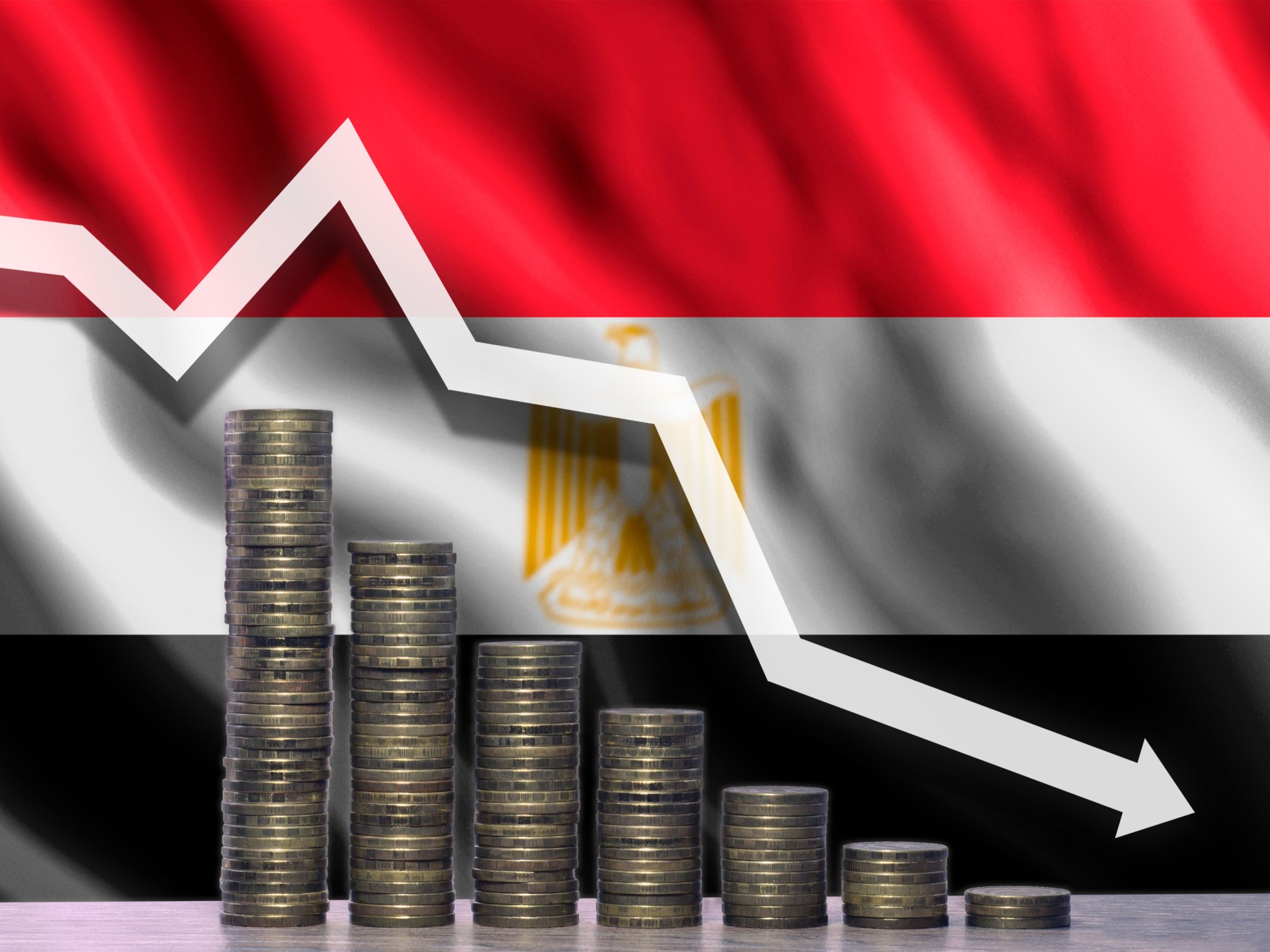Egypt devalued the pound and raised interest rates by 600 basis points in conjunction with the IMF agreement (Shutterstock)
A survey showed on Wednesday that an expanded agreement with the International Monetary Fund and huge UAE investments had not yet achieved significant benefit for the non-oil private sector in Egypt last March.
The Standard & Poor's Global Purchasing Managers' Index in Egypt rose to 47.6 points in March from 47.1 points last February, but it remained below the 50-point threshold that separates growth from contraction for the 40th month in a row.
“Activity across the non-oil private sector declined sharply during March, as weak order books and high inflationary pressures continued to weigh on business output and confidence,” S&P Global said.
Egypt signed an agreement with the IMF on March 6 to increase the financing package scheduled for December 2022 to $8 billion from the original $3 billion, with the expectation of receiving an initial payment of $820 million this week.
Egypt devalued its currency and raised interest rates by 600 basis points in conjunction with the Fund’s agreement.
The expanded agreement came in response to the shocks to which the Egyptian economy was exposed from the crisis in Gaza, and in the wake of a $35 billion Emirati investment deal.
The production sub-index rose to 44.5 in March from 44.3 last February, while the new orders index rose to 45.0 from 44.6, but business sentiment declined.
Source: Reuters

